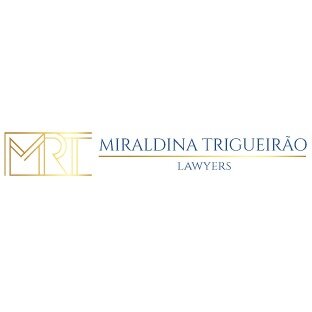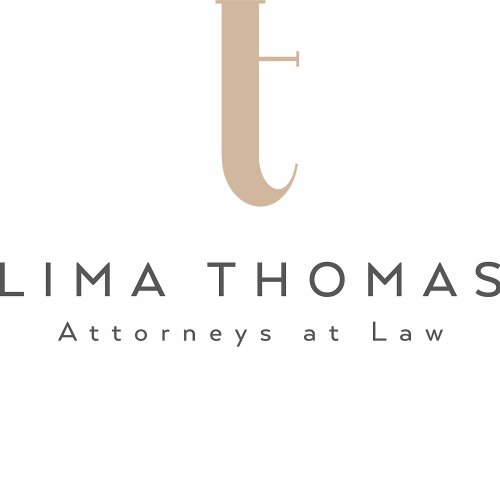Best Citizenship Lawyers in Lisbon
Share your needs with us, get contacted by law firms.
Free. Takes 2 min.
List of the best lawyers in Lisbon, Portugal
About Citizenship Law in Lisbon, Portugal
Portugal has a detailed and codified body of laws governing citizenship, based on principles of descent (jus sanguinis), birth in Portugal (jus soli), and years of residence. It offers multiple pathways to citizenship including by descent, marriage or de facto union, adoption, and naturalisation. Residency-based citizenship usually requires a minimum of five years of legal residence in Portugal.
Why You May Need a Lawyer
Navigating the process of acquiring citizenship can be a lengthy and complex procedure with many legal requirements. A lawyer can help in interpreting the laws, ensuring all paperwork is filled correctly, and can represent your interests in administrative or court proceedings if required. They can also effectively communicate with Portuguese authorities, aiding in mitigating language barriers.
Local Laws Overview
Citizenship laws in Portugal are governed by the Portuguese Nationality Law. Key aspects include the principle of right of blood (jus sanguinis), and stopping of automatic citizenship by birth on Portuguese soil (jus soli) unless the parents also were born in Portugal or had been legally living in Portugal for a minimum of two years. Naturalisation involves criteria such as possessing sufficient knowledge of the Portuguese language, not being convicted of a crime punishable by imprisonment of three years or more according to Portuguese law, and having effective links to the national community. These statutes are applicable in Lisbon as well as the rest of Portugal.
Frequently Asked Questions
1. Can I acquire Portuguese citizenship by marriage?
Yes, if you have been married to a Portuguese citizen for more than three years, you can apply for Portuguese citizenship, subject to other conditions.
2. What is the language proficiency requirement for citizenship?
Applicants for Portuguese citizenship must demonstrate sufficient knowledge of the Portuguese language, typically at a minimum level of A2.
3. How long does it take to get citizenship in Portugal?
The usual processing time for citizenship application can range from six months to two years, depending on individual circumstances and the volume of applications.
4. Can I hold dual citizenship in Portugal?
Yes, Portugal permits dual citizenship. You don't have to renounce your current citizenship while applying for Portuguese citizenship.
5. Do children born in Portugal automatically receive Portuguese citizenship?
Children born in Portugal to non-Portuguese parents can acquire Portuguese citizenship provided at least one parent has legally resided in Portugal for a minimum of two years.
Additional Resources
You may find more information on Portuguese citizenship laws from the Portuguese Immigration and Borders Service (SEF) and the official Portuguese government website. Reference to the Portuguese Nationality Act is also a useful resource.
Next Steps
If you need legal assistance, it is advisable to seek help from a lawyer who specialises in Portuguese citizenship law. You may consider consulting a lawyer if you are unsure of the process, require legal assistance in filling in the forms, or need representation in court. Before you begin, gather your relevant documents such as identity proofs, proof of residence and other necessary documents as per your route to citizenship.
Lawzana helps you find the best lawyers and law firms in Lisbon through a curated and pre-screened list of qualified legal professionals. Our platform offers rankings and detailed profiles of attorneys and law firms, allowing you to compare based on practice areas, including Citizenship, experience, and client feedback.
Each profile includes a description of the firm's areas of practice, client reviews, team members and partners, year of establishment, spoken languages, office locations, contact information, social media presence, and any published articles or resources. Most firms on our platform speak English and are experienced in both local and international legal matters.
Get a quote from top-rated law firms in Lisbon, Portugal — quickly, securely, and without unnecessary hassle.
Disclaimer:
The information provided on this page is for general informational purposes only and does not constitute legal advice. While we strive to ensure the accuracy and relevance of the content, legal information may change over time, and interpretations of the law can vary. You should always consult with a qualified legal professional for advice specific to your situation.
We disclaim all liability for actions taken or not taken based on the content of this page. If you believe any information is incorrect or outdated, please contact us, and we will review and update it where appropriate.
















